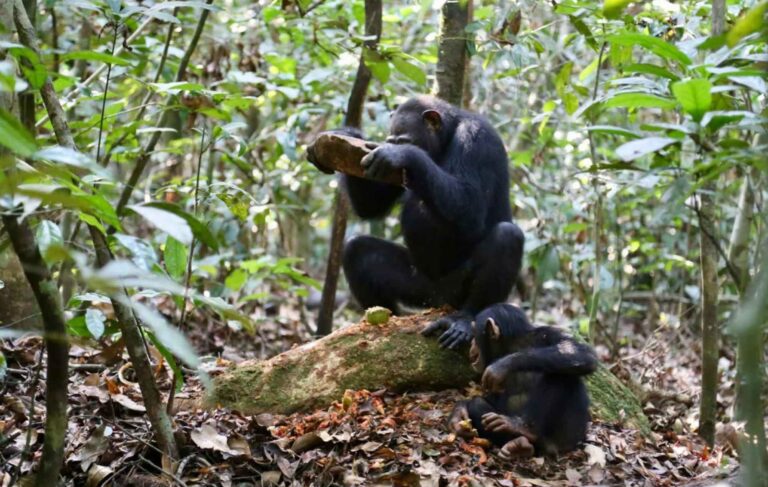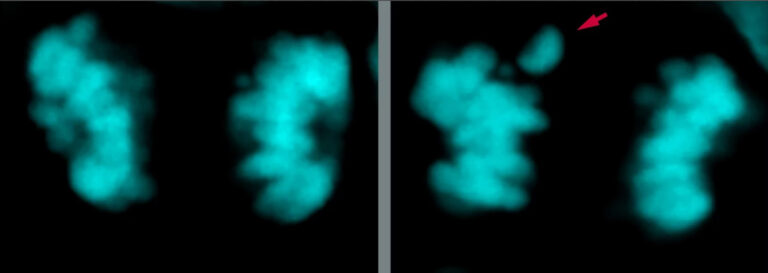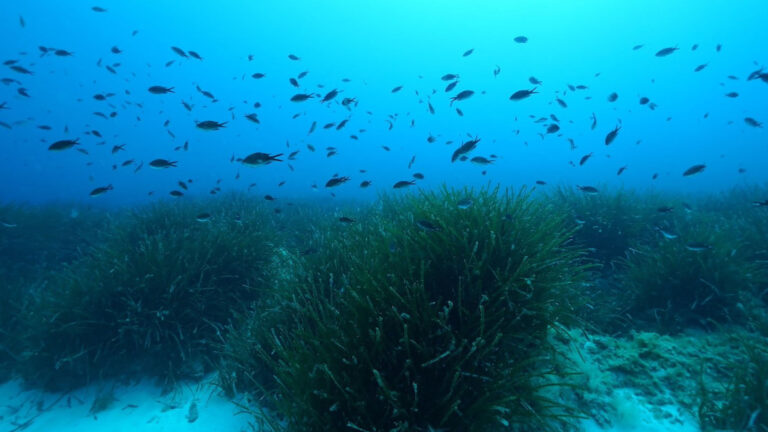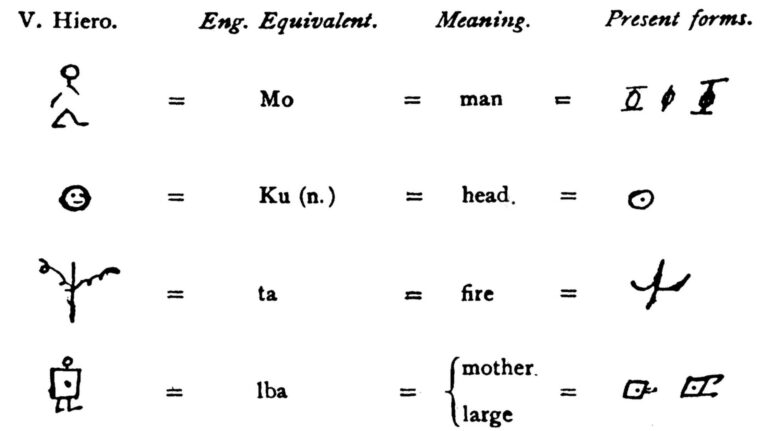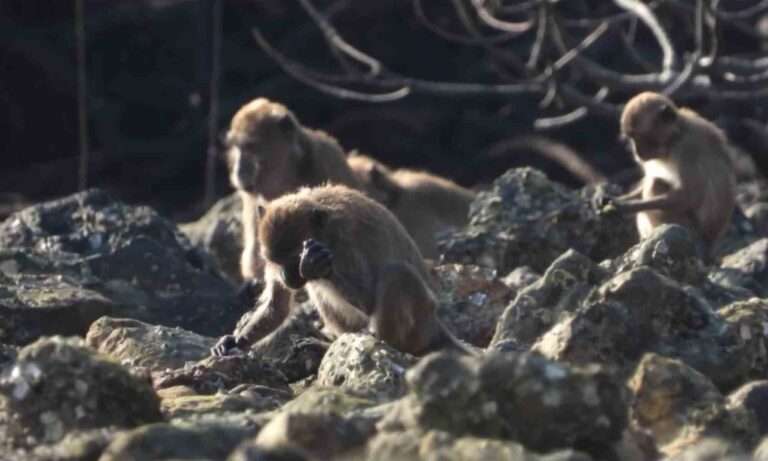
Ancient Stone Age Human Tools Could Have Been Made By Monkeys, Says Study
New research into ancient tools has revealed that cutting stones once believed to be made by early humans could actually have been the work of monkeys. Scientists from the Max…




